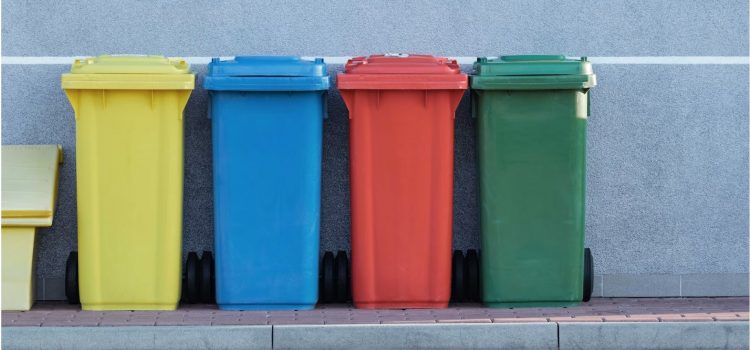
This is a free excerpt from one of Shortform’s Articles. We give you all the important information you need to know about current events and more.
Don't miss out on the whole story. Sign up for a free trial here .
Why do people say that recycling is a lie? How does recycling harm the environment? What is the “plastic recycling lie”?
Unfortunately, the answers to our changing environment aren’t as easy as increasing recycling programs or swapping out fossil fuels for renewables. Experts caution that each of these solutions brings with it its own set of problems, which, if not properly anticipated, threaten to continue—not halt—environmental destruction.
Keep reading to learn more about why recycling is a lie, according to experts.
Why Is Recycling a Lie?
The recent heat waves across the country have focused American minds on the worsening climate crisis. At the same time, our energy needs are once again increasing as our economy wakes up from the pandemic, leading to spikes in demand for oil and coal. Lawmakers, industry professionals, and consumers are thus searching for ways to lessen the impact of economic activity on the natural world, but why is recycling a lie, according to industry experts?
The False Promise of Recycling
Recycling programs can sometimes use more resources than manufacturing from virgin materials. Encouraging people to reuse items can result in more items in circulation, not fewer. Many hope that recycling will lessen the need for the manufacturing of new materials, but the reality is more nuanced—here are the details of why people say recycling is a lie:
- Only a few products can be effectively recycled and for those that can be, the process is labor-intensive and expensive. Many products have a mix of materials, making it difficult to isolate any one (electronic equipment is a prime example).
- Recycled materials degrade each time they’re used—paper and fabric fibers get shortened, steel is mixed with trace amounts of copper, and aluminum is mixed with silicon, for example. Each time they’re processed they can be used in fewer applications, so that recycling is less of a closed loop of materials and more of a downward spiral toward a landfill.
- In some cases, recycling a material can be worse for the environment than producing it with virgin materials—some kinds of crushed concrete, for example, are more damaging to recycle than to manufacture new.
- Because the expense of recycling can be so high, industries often don’t have incentives to develop their recycling programs, so these programs are far too inadequate to manage the volume of trash being produced. People say that recycling is a lie, in part, due to our broken waste management systems. One reason for the explosion of solar panel trash, for example, is that there’s little high-value material, like silver, in each panel, while there’s lots of low-value material, like glass. It currently costs between $20 and $30 to recycle a solar panel, but only $1 to $2 to send it to a landfill.

Want to fast-track your learning? With Shortform, you’ll gain insights you won't find anywhere else .
Here's what you’ll get when you sign up for Shortform :
- Complicated ideas explained in simple and concise ways
- Smart analysis that connects what you’re reading to other key concepts
- Writing with zero fluff because we know how important your time is






